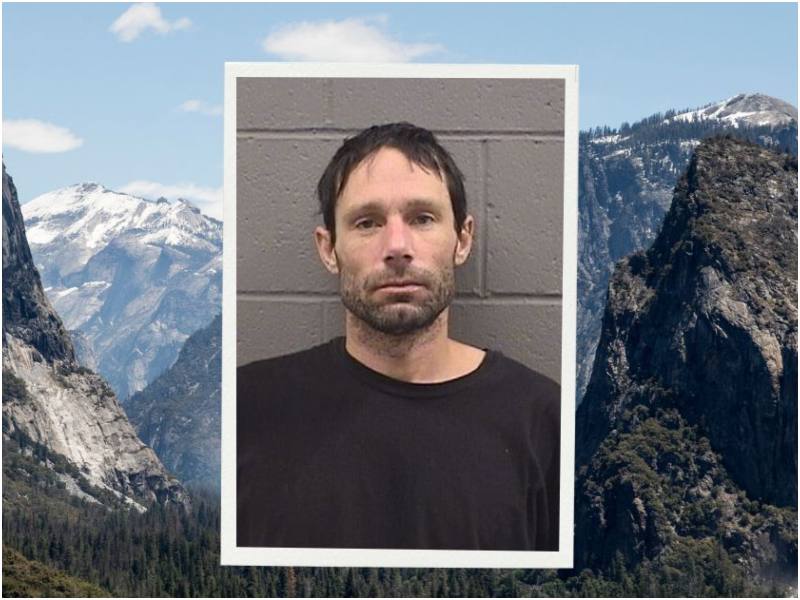A federal judge handed down a life sentence to Charles Barrett, a professional rock climber convicted of aggravated sexual abuse and abusive sexual contact at Yosemite National Park in 2016.
Despite the severity of his crimes, Barrett exhibited no signs of remorse, maintaining his innocence and portraying himself as a victim of false accusations.
Prosecutors outlined Barrett’s disturbing pattern of sexual violence, describing how he used his status as a prominent climber to assault multiple women within the rock-climbing community.
U.S. Attorney Phillip A. Talbert emphasized the courage of the victims who came forward, despite facing threats and intimidation from Barrett.
In the days leading up to his sentencing, Barrett’s jail calls revealed a troubling lack of remorse. He dismissed the victims’ accounts as “wild” and “crazy,” portraying himself as a target of conspiracy.
Even in his writings, Barrett accused his victims of undermining the #MeToo movement, further demonstrating his refusal to take responsibility for his actions.
The sentencing highlighted the harrowing ordeal endured by one victim, identified as K.G., who was raped and strangled by Barrett during a weekend hiking trip in 2016.
Despite the trauma, K.G. bravely confronted Barrett and reported the assaults to the authorities, leading to his arrest and conviction.
Throughout the trial, three other victims testified to being assaulted by Barrett in separate incidents.
Despite overwhelming evidence, Barrett’s attorneys described the life sentence as “harsh” and vowed to appeal the guilty verdict.
As Barrett was led away to begin his life sentence, the victims found solace in each other’s support. K.G. expressed her relief, acknowledging that there could be no true recovery from the trauma inflicted by Barrett.

